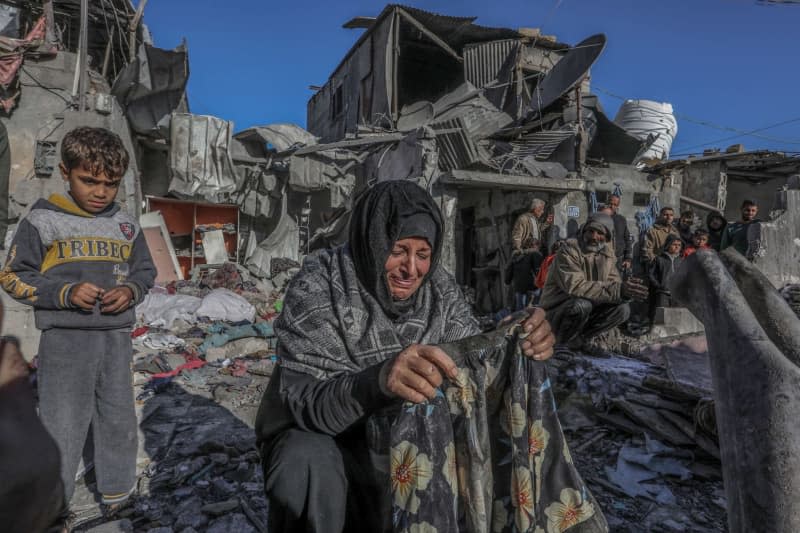UNICEF says Caesarian sections performed in Gaza without anaesthetic

Caesarean section operations are being performed without anaesthetic in the Gaza Strip at times due to the lack of medicines available, according to a UNICEF spokeswoman.
The UN children's charity said there was not only a lack of anaesthetic drugs in hospitals, but also that mothers are having to leave hospital three hours after having Caesarian section operations due to overcrowding.
One nurse reported that she had had to perform caesarean sections on six dead mothers in eight weeks to save the babies they were carrying.
Spokeswoman Tess Ingram was in the Gaza Strip and spoke to reporters in Geneva on Friday by video link from Jordan.
Her descriptions of conditions included the example of Mashael, a young mother whose home was hit by a missile or bomb. Her baby stopped moving and she was certain it had died. Ingram met her a month after the attack, when the woman was still waiting for medical treatment.
Another woman, Amal, was six months pregnant when she was trapped under the rubble of her house. Her baby was nevertheless born healthy. Although the mother was injured and ill, she had no choice but to return with her newborn baby girl to a self-built shelter on the streets of Rafah.
Many mothers are unable to breastfeed their babies due to the shock of the living conditions. There is hardly any baby food available. Concern is growing about the long-term consequences of these conditions for the infants.
Ingram said that the suffering of the youngest children must deprive people worldwide of sleep. She added this also applies to two very young children who were abducted from Israel to the Gaza Strip by terrorists on October 7.
Ingram said almost 20,000 babies have been born there since October 7. Mothers face unimaginable challenges in accessing adequate medical care, nutrition, and protection before, during and after giving birth," she said.
"Becoming a mother should be a time for celebration. In Gaza, it's another child delivered into hell," Ingram added.
“Humanity cannot allow this warped version of normal to persist any longer. Mothers and newborns need a humanitarian ceasefire.”

